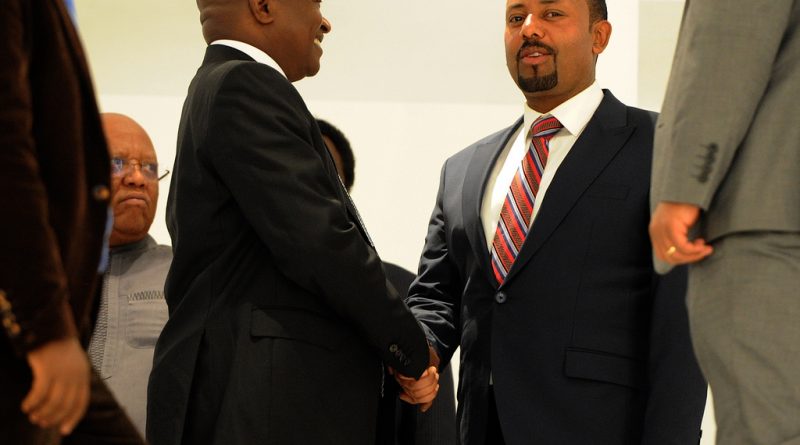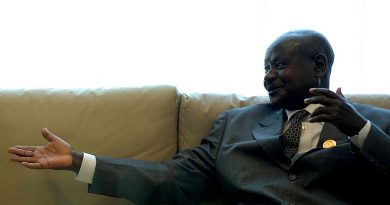Ethiopia: Taking Off
In his 1959 article, at the height of the Western development era, W. W. Rostow presented his dynamic theory of production which was to explain the process of modernization. Arguing for five stages of economic growth which said the course for the so-called Third World countries to catch up with the West, he claimed that the ultimate “nirvana” of capitalist economic development was the age of high mass consumption, as exemplified by the United States. The recipe was simply that the so-called traditional societies in the Third World needed to modernize by undergoing fundamental societal changes that would transform the mode of production and the old ways and practices of life.
Crucial among Rostow’s five stages of economic growth was the so-called “take off”.
Consisting of fast growth in particular sectors of the economy which apply modern technology, the take-off precedes drive to a mature capitalist system. Rostow further suggested that certain heavy and light industries, such as ship-building, military, textiles, and food processing, as well as logistics, have historically propelled the take-off (Rostow, 1959, p. 7).
Following Rostow’s argumentation, one could argue that Ethiopia today is experiencing some form of a take-off.
The country has experienced prolonged high GDP growth rates which have reached double digits several times in the past few years. The recent profound political changes coupled with the new leadership’s ambitious economic reforms are on the verge of transforming a highly centralized authoritarian political and economic system of the developmental state into an increasingly democratic and open economic order. Last year, for example, among the first measures to improve Ethiopia’s cash strapped economy, the new Prime Minister Abiy Ahmed announced an ambitious campaign to privatize a number of state-run enterprises.
More recently, Abiy Ahmed has sought to set the trademark Grand Ethiopia Renaissance Dam project back in course by assigning new head to the project and sidelining the government military-operated Metals and Engineering Corporation (METEC) that had been deemed as an inefficient supplier for the project. Instead, Voith, a German mechanical engineering enterprise, took over some of the key responsibilities as a supplier of machinery for the pharaonic project. After some serious delays, construction of the dam appears to be back on track and some ambitious projections estimate its completion in the early 2020s.
The recently completed expansion of Addis Ababa Airport can also be expected to give a further boost to the Ethiopian economy. Passenger traffic and import-export activity are expected to increase further, while Ethiopian authorities have also sought to work closely with their strategic partners to improve Ethiopia’s industrial base. In a recent development, Volkswagen signed a Memorandum of Understanding for an assembly plant in Ethiopia during German president Frank-Walter Steinmeier’s visit in the country. Ethiopia’s longstanding partners, such as Germany which has over 30 companies operating in the country, are supportive of the political and economic changes in the country which are likely to result in increasing foreign investment and Ethiopia asserting its rapidly growing economic power in the Horn of Africa.
Work Cited: Rostow, W. W. (1959) “The Stages of Economic Growth”, The Economic History Review, Vol. 12, No. 1, pp. 1-16. The opinions expressed in this blog are solely the authors’ point of view and do not bind the Center for International Studies, its Director or any other researcher. Ethiopian Prime Minister Abiy Ahmed (right) / photo by GovernmentZA / CC BY-ND 2.0
![]() This work is licensed under a Creative Commons Attribution-NonCommercial-ShareAlike 4.0 International License.
This work is licensed under a Creative Commons Attribution-NonCommercial-ShareAlike 4.0 International License.




